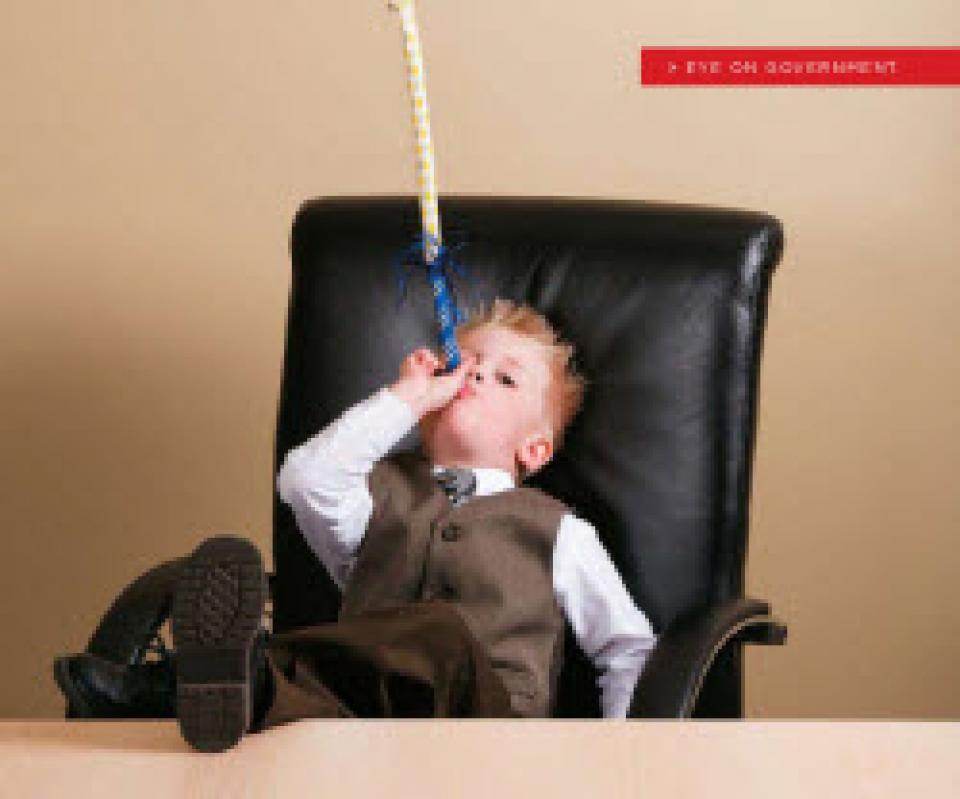China should reform the renminbi's exchange rate in its own way and not let foreign pressure influence the pace of that reform, according to ChinaDaily.
Just before the G20 summit in Cannes, France, the Chinese government reaffirmed its commitment to gradually reforming the currency's exchange rate, saying there is no justification for requiring China to raise the value of the renminbi within a short time.
"We will continue to steadily promote currency reforms, but the process will be gradual," Jiang Yu, spokeswoman for the Foreign Ministry, said recently. "It is unjustifiable to require China to appreciate its currency by a large amount within a short period of time."
This year so far has seen the renminbi appreciate by 3.7% against the US dollar, as the central government continues to concentrate on controlling inflation and preventing asset bubbles from forming. Since 2005, the year China ceased pegging its currency to the dollar and began reforming the mechanism used to set the currency's exchange rate, the renminbi has strengthened by more than 30% against the dollar.
Analysts said Beijing is unlikely to allow a fast liberalisation of its currency. Instead, China should stick to its own pace of reform, they said.
"What China should be cautious about is letting foreign pressure disrupt its own pace of currency reform," said Ding Zhijie, a professor at the University of International Business and Economics.
This past month, the US Senate passed a bill that threatened to impose tariffs on imports from China in retaliation for China's alleged practice of undervaluing its currency to make such imports cheaper overseas. US lawmakers have long said China should allow its currency to float and blamed Beijing's currency policy in part for the US' huge trade deficits and high unemployment rate.
The Ministry of Commerce warned on Monday that China will retaliate against the United States if the currency bill targeting the renminbi becomes law. To reach that stage, the bill still must be passed by the US House of Representatives and then be signed by US President Barack Obama.
The People's Bank of China also responded to the US Senate bill, saying that it will not help resolve domestic issues in the United States - the trade deficit, low savings rates and high unemployment - and could potentially affect the economy and market confidence.
More at ChinaDaily


